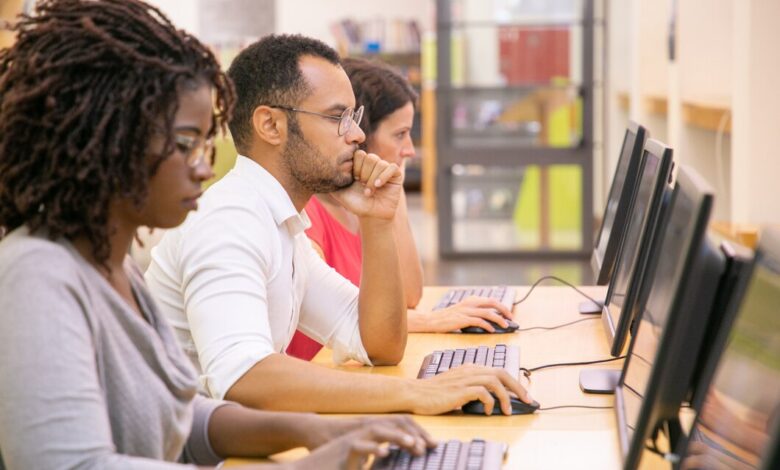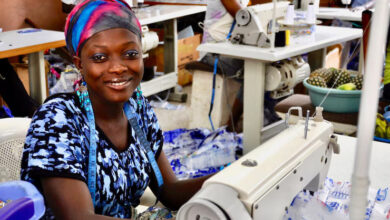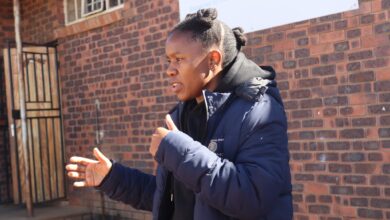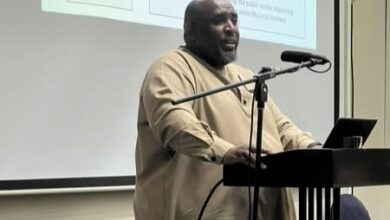Prioritizing Digital Literacy: A Call to Action from Lesotho’s Minister of Information

At the recent 79th United Nations General Assembly (UNGA) lunch roundtable hosted in collaboration with Microsoft and the United Nations Office of the High Representative for the Least Developed Countries, Landlocked Developing Countries, and Small Island Developing States (UN-OHRLLS), Ms. Nthati Moorosi, the Minister of Information, Communication, Science, Technology, and Innovation for Lesotho, emphasized the urgent need to prioritize digital literacy.
The Need for Regional Support
In her address, Minister Moorosi highlighted that rural communities in Lesotho are particularly in need of digital education, as many are resistant to technological changes. This resistance poses a significant barrier to development, making it imperative for regional support and collaboration to enhance digital literacy across the nation. She argued that equipping these communities with the necessary skills is crucial for their integration into a rapidly digitalizing world.
Moorosi proposed a partnership with Microsoft to alleviate the financial burden on the Lesotho government, which spends a substantial portion of its budget—over half—on software licenses. By collaborating with a leading tech company, she believes the government can leverage resources to create a more robust digital education framework.
Addressing Challenges and Opportunities
During the roundtable, various challenges related to digital infrastructure were discussed, including the need for substantial investment in satellite and wireless technology. Key areas for improvement identified by Moorosi included:
- Digital Infrastructure: Developing reliable and extensive digital networks is critical for enhancing connectivity in remote areas.
- Digital IT Systems: Upgrading IT systems can streamline government operations and improve service delivery.
- Online Payment Gateways: Establishing secure and efficient online payment systems can facilitate e-commerce and financial inclusion.
- Data Exchange Systems: Implementing robust data sharing frameworks can enhance collaboration between governmental and non-governmental entities.
The discussion was guided by Chris Sharrock, Vice President for UN and International Organizations at Microsoft, alongside Under-Secretary-General Rabab Fatima. Their insights underscored the importance of strategic partnerships between governments, private sectors, and development partners in addressing digital challenges.
Moving Towards Action
The roundtable served as a preliminary step to address the pressing needs for partnerships and investments in the least developed countries. UN-OHRLLS aims to pave the way for the development of a Private Sector Action Document at the upcoming Third UN Conference, which will focus on scaling solutions that bridge the digital divide.
Stakeholders from various sectors are expected to contribute their expertise and resources to ensure that advancements in artificial intelligence and digital technologies are accessible to all, leaving no one behind. The overarching goal is to democratize technology and promote inclusivity in the digital age.
Minister Nthati Moorosi’s call for prioritizing digital literacy is a vital step towards ensuring that Lesotho, especially its rural communities, can thrive in an increasingly digital world. By fostering partnerships and investing in digital infrastructure, Lesotho can position itself to embrace the future while ensuring that all citizens have the tools and skills necessary to participate fully in the digital economy.
Join 'Lesotho News' WhatsApp Channel
Get breaking Lesotho news — delivered directly to your WhatsApp.
CLICK HERE TO JOIN



